
Erik Amundsen, Max Gladstone, Daniel José Older, and moderator Josh Jasper, led a discussion on the dangers of authors telling stories where the characters comport with and therefore contort themselves into a vestigial form of masculinity where the hero is emotionally restricted (except for anger), invulnerable, has misogynistic relationships, and is driven to succeed by having a greater (and often secret) capacity for violence.
The series of James Bond movies was one very clear example given by Max, though apparently the movie Bond is an allergically toxic reaction to the more complex novels, which often happens when a story is retold for mainstream audiences. But, the conversation really started at last year’s Readercon when Josh had noted how the WB horror drama “Supernatural” was a prime example of a narrative where the main characters were caught in a cycle of death fueled by blatantly stupid toxic masculinity.
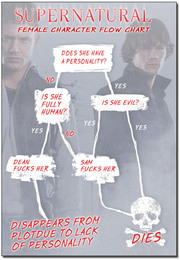
We subconsciously live out the stories we associate with. Through his work as a community organizer and paramedic, Daniel has seen the literal “blood and guts” consequences of toxic masculinity gone untreated in all walks of life, from Wall Street execs to gang members. And, he said, young people who are steeped in this narrative are eager for, even “starving for” this conversation. Speculative fiction is an excellent tool with which to conduct it.
But as far as Supernatural goes...in addition to the show's abysmal track record when it comes to women, the show has also never shown much respect for the enormous female population of shippers who comprise the majority of its fanbase.
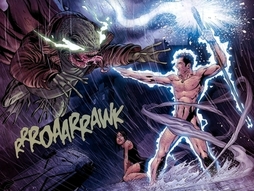 By the power of Dude Bro, I compel thee!
By the power of Dude Bro, I compel thee!
The urban fantasy noir series is well written, complex, descriptive, and more self-aware than "Supernatural." But Dresden always wins (even when he dies), by having a greater capacity for violence. Emotions beyond anger are as rare as minorities in his version of Chicago, and as Daniel pointed out, perpetuating the belief that happy endings always come after you’ve obliterated the "bad" people is dangerous. Both "Supernatural" and "The Dresden Files" are mainstreamed speculative fiction and need to do a better job of breaking down the “mythologies of gender” we all live with.
Josh recommended Ken Liu’s “Grace of Kings.” It does a very good job of contrasting the lives of a hyper toxic masculine man character with one who saw vulnerability as a strength and feminine as integrated with masculine rather than opposed to it. Josh also recommended Daniel Abram’s stories including the “Dagger and Coin” series.
Erik recommended Marvel’s Daredevil on Netflix, though more for the villain Kingpin, than the super hero. The show takes a more balanced approach: Daredevil is endowed with a super power that makes him more aware of others (so kind of cheating), yet hides his own true nature from those he loves. But then he wins because he’s simply more bad ass and more angry than Kingpin. Kingpin's journey is much more clearly defined as he learned to draw strength from vulnerability, healed (relatively speaking) from early childhood trauma, and survived those who tried to hold him to his more toxic, stunted self. It's a very curious case of projection.
Finally, Daniel Jose Elder’s “Half-Resurrection Blues” urban fantasy noir, a kind of answer to the "Dresden Files," writes very convincingly about the consequences of power over rather than power with and introduces you to different flavors of masculinity that bare more resemblance to real world people.
You still run the risk of audience backlash, like what happened with "Neo Genesis," but ultimately I take a historical view on this. Many Victorian era fairy tales were written by women challenging the limitations put upon them. Samuel Delany’s generation in the twentieth century pushed the envelope of what was considered taboo sexuality. 21st century America is right now having a conversation about gender. Re-imagining masculinity is a task whose time has come. Pick up your pen.
-Rob Cameron


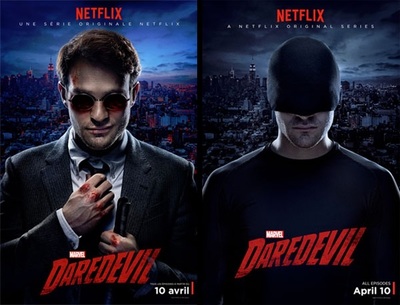
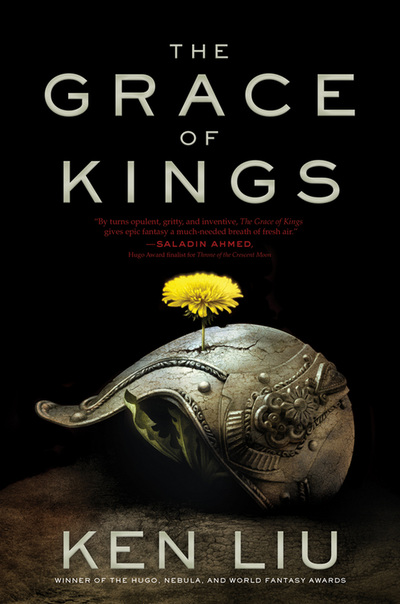
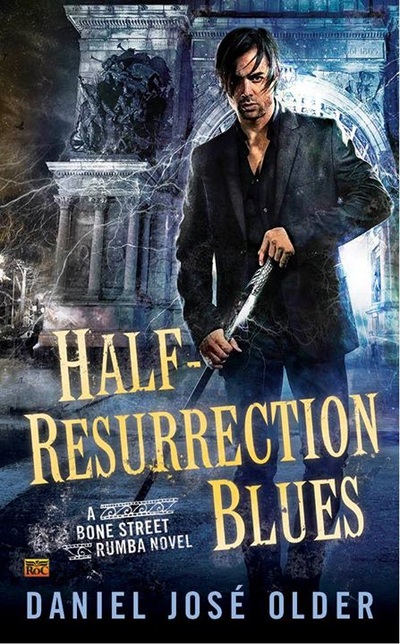

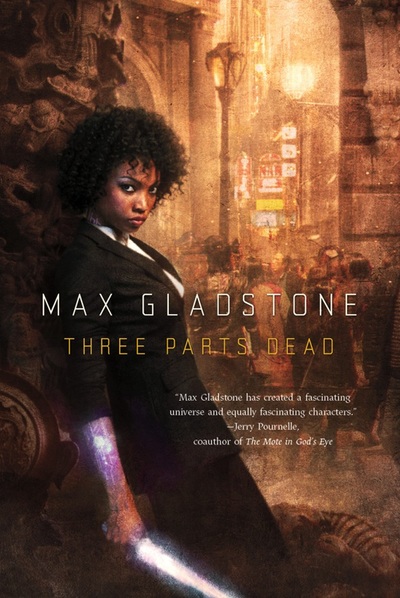
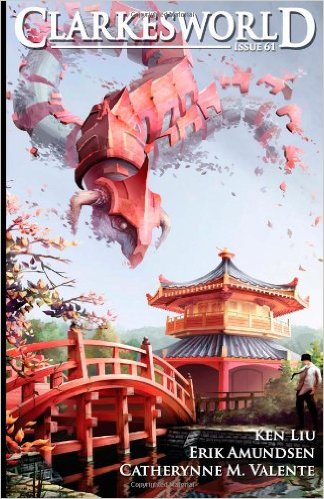

 RSS Feed
RSS Feed